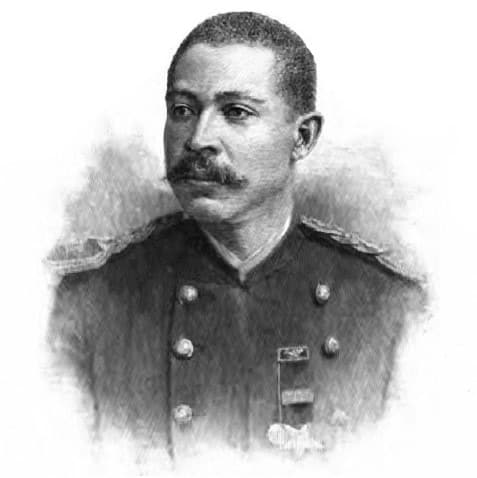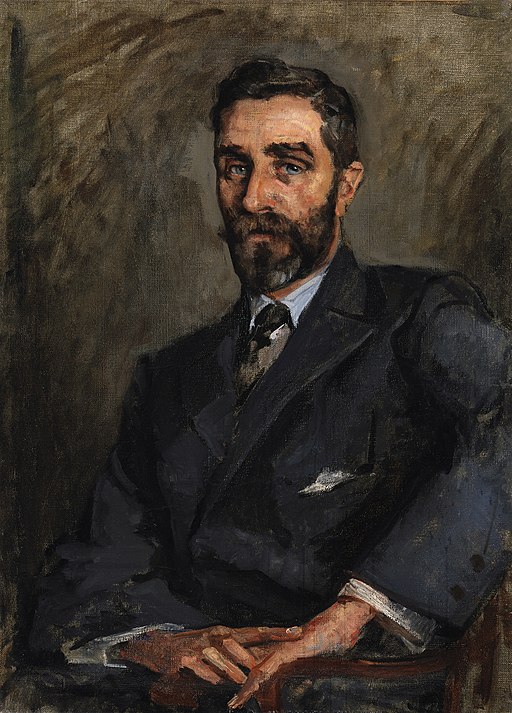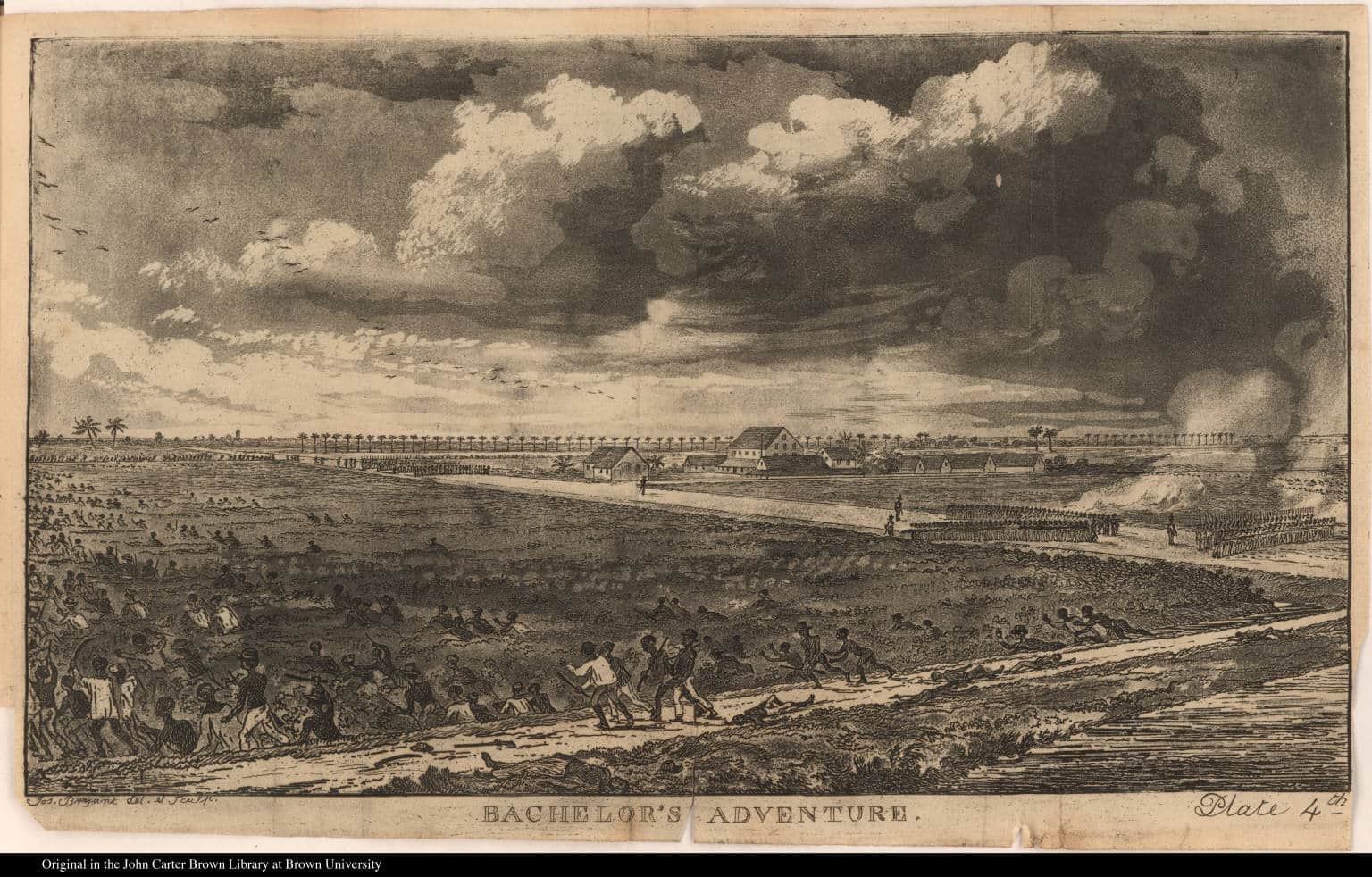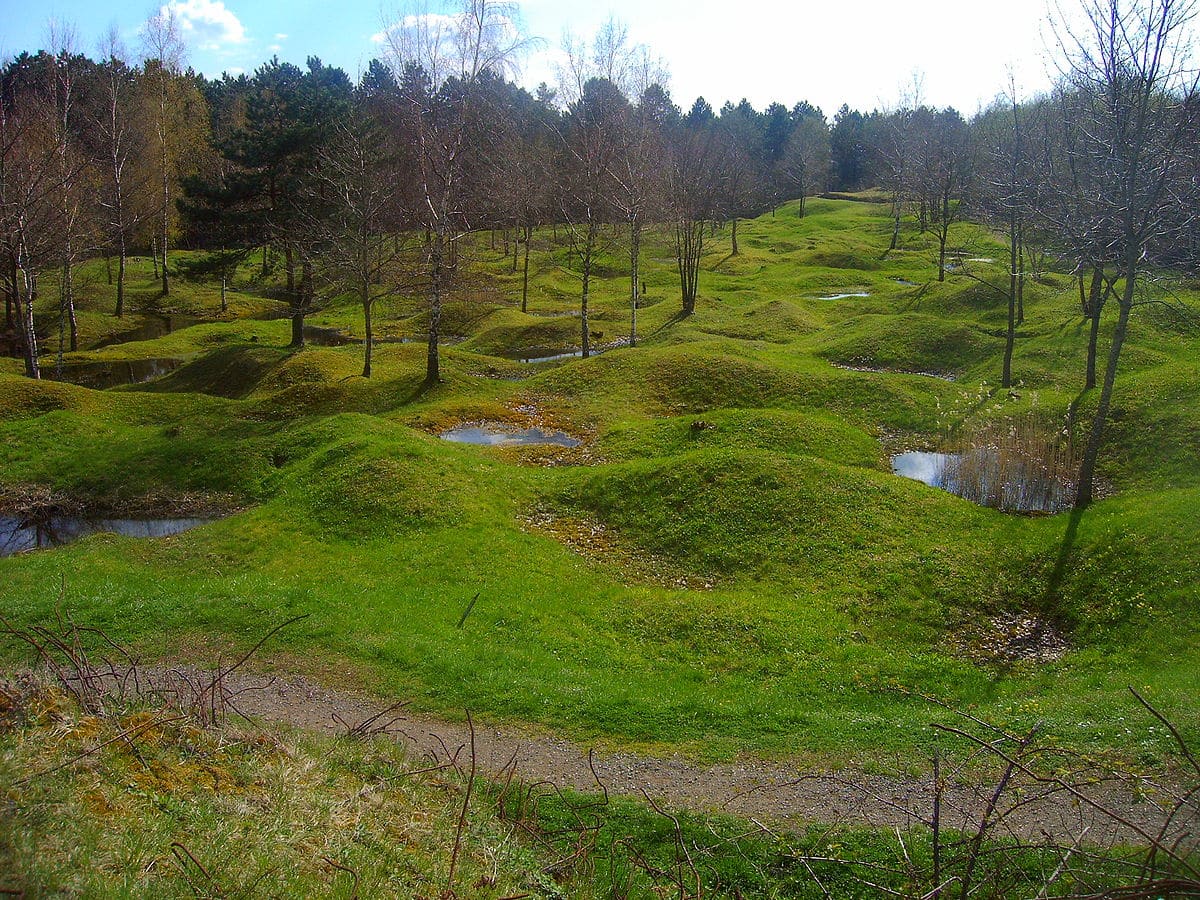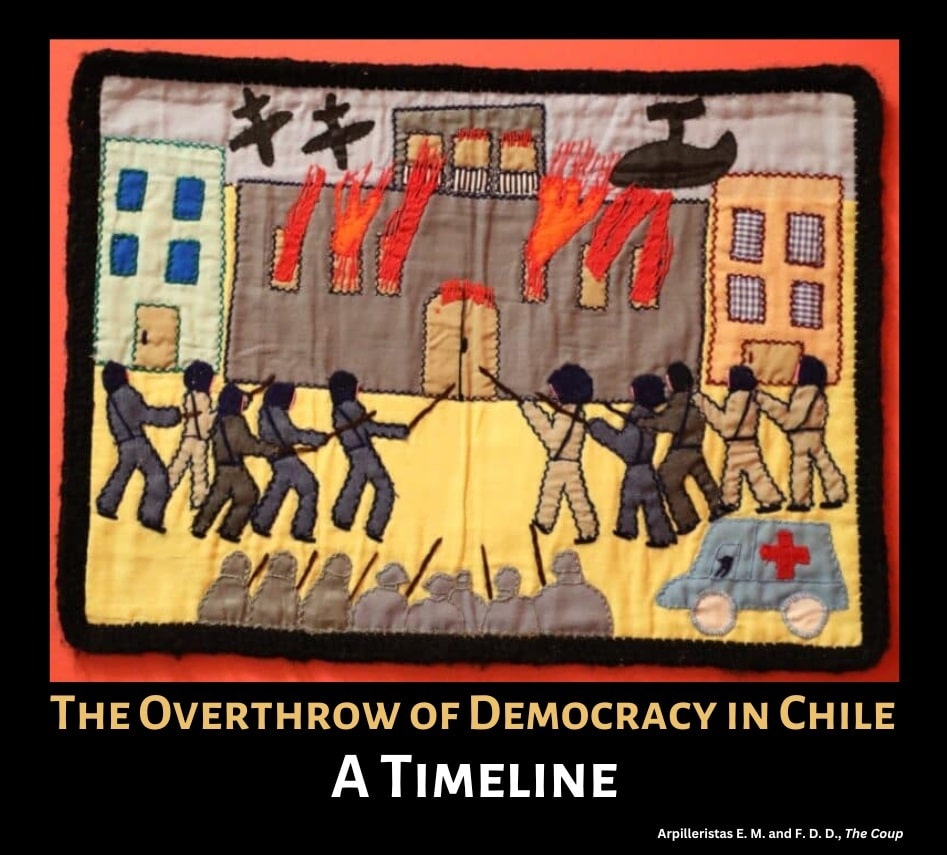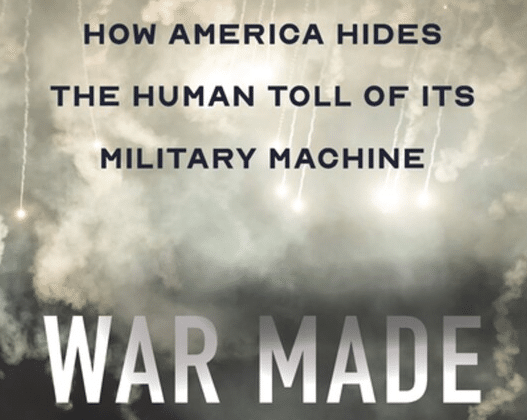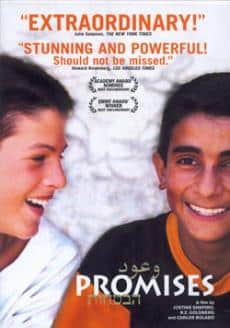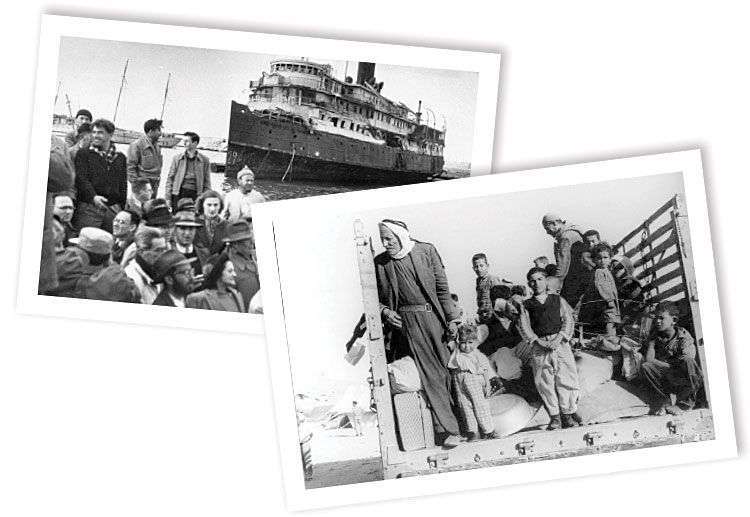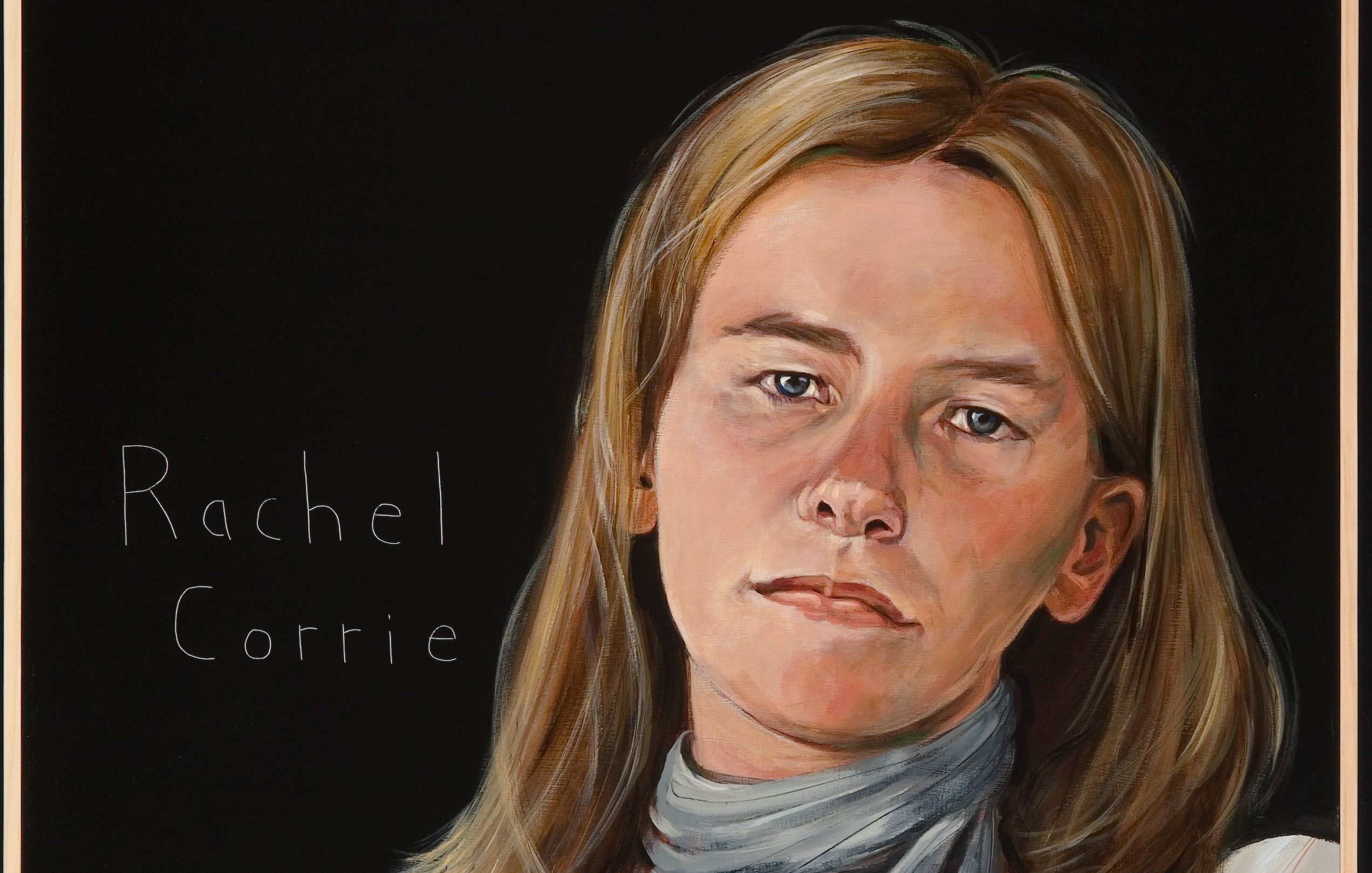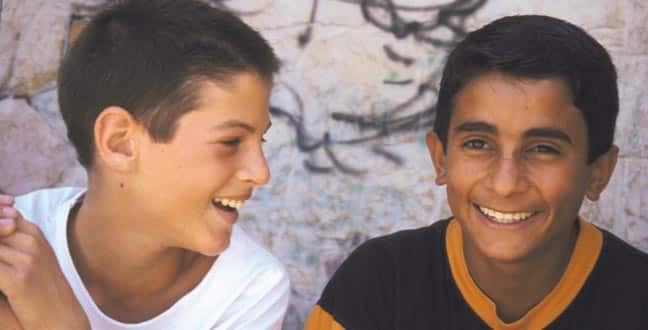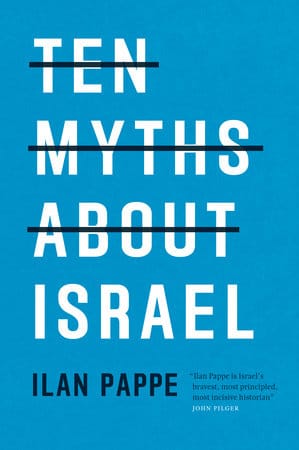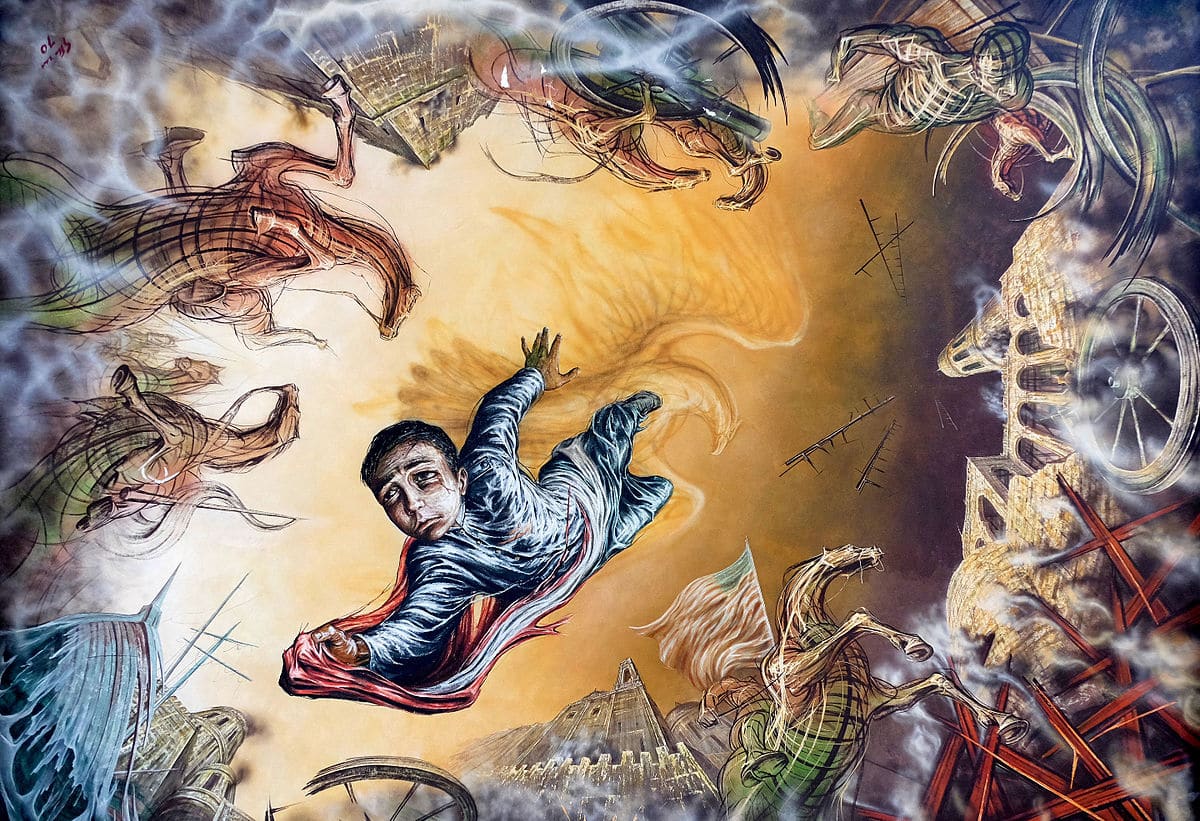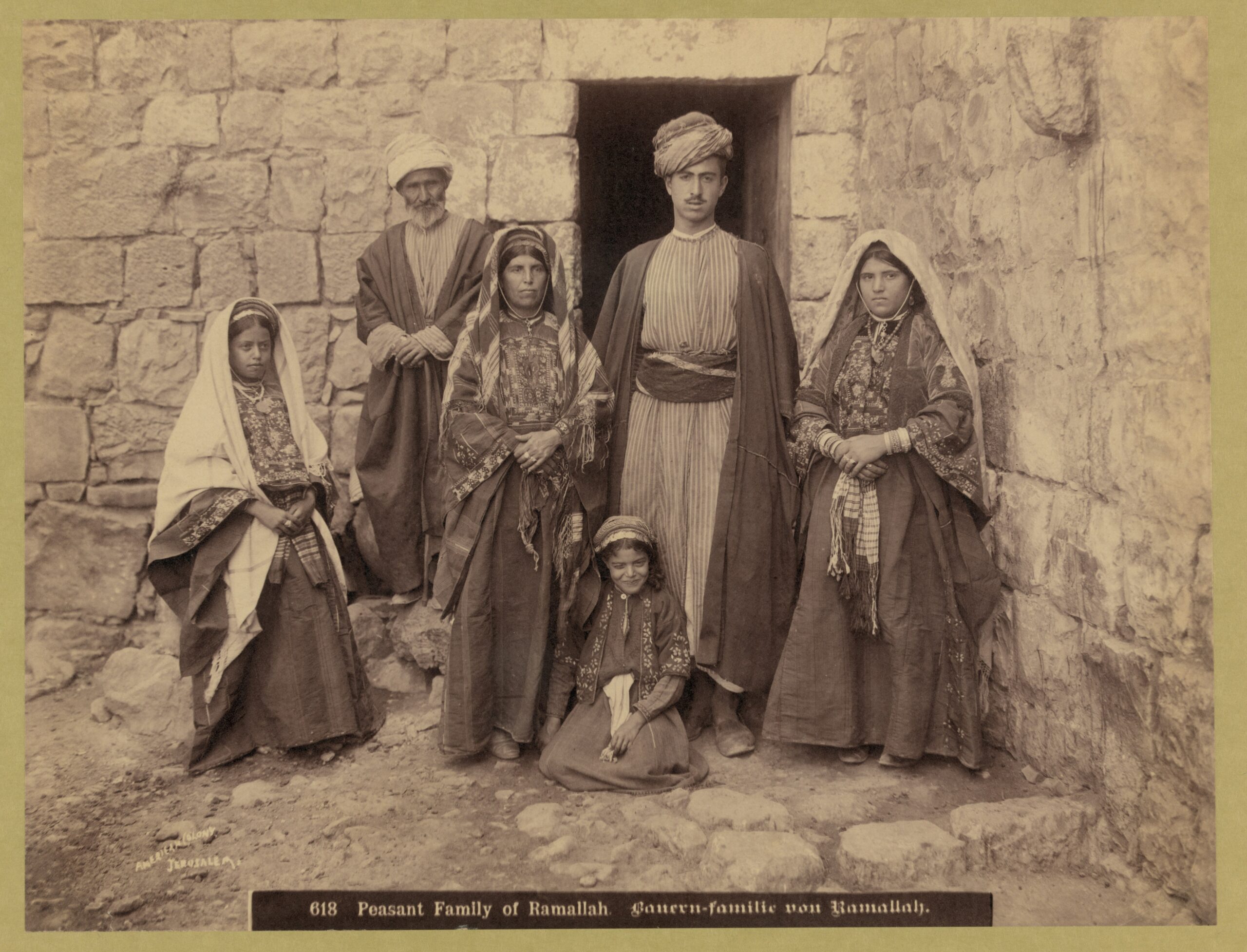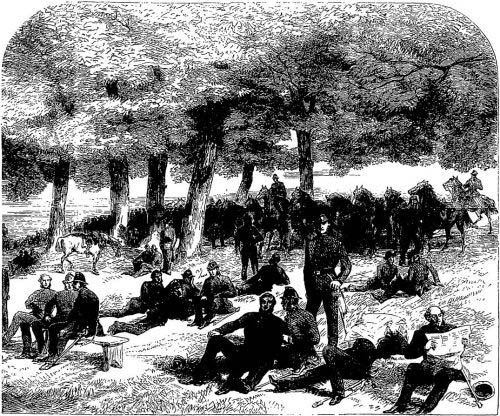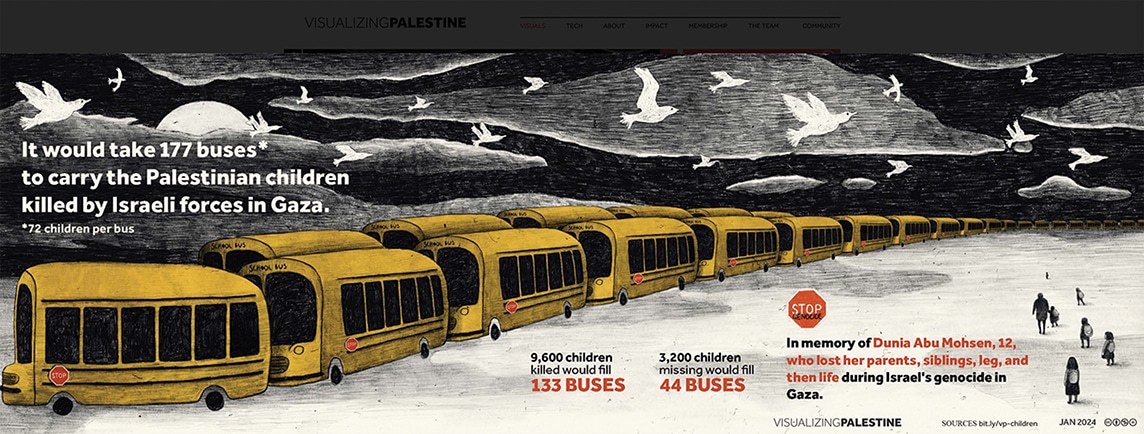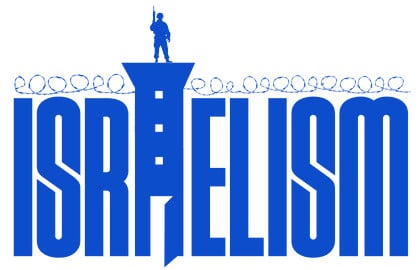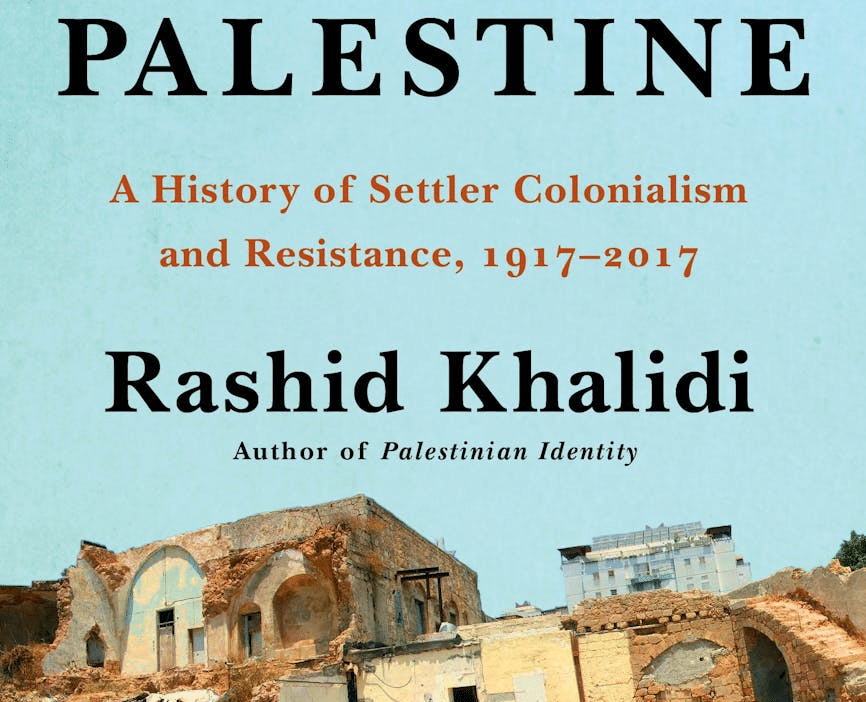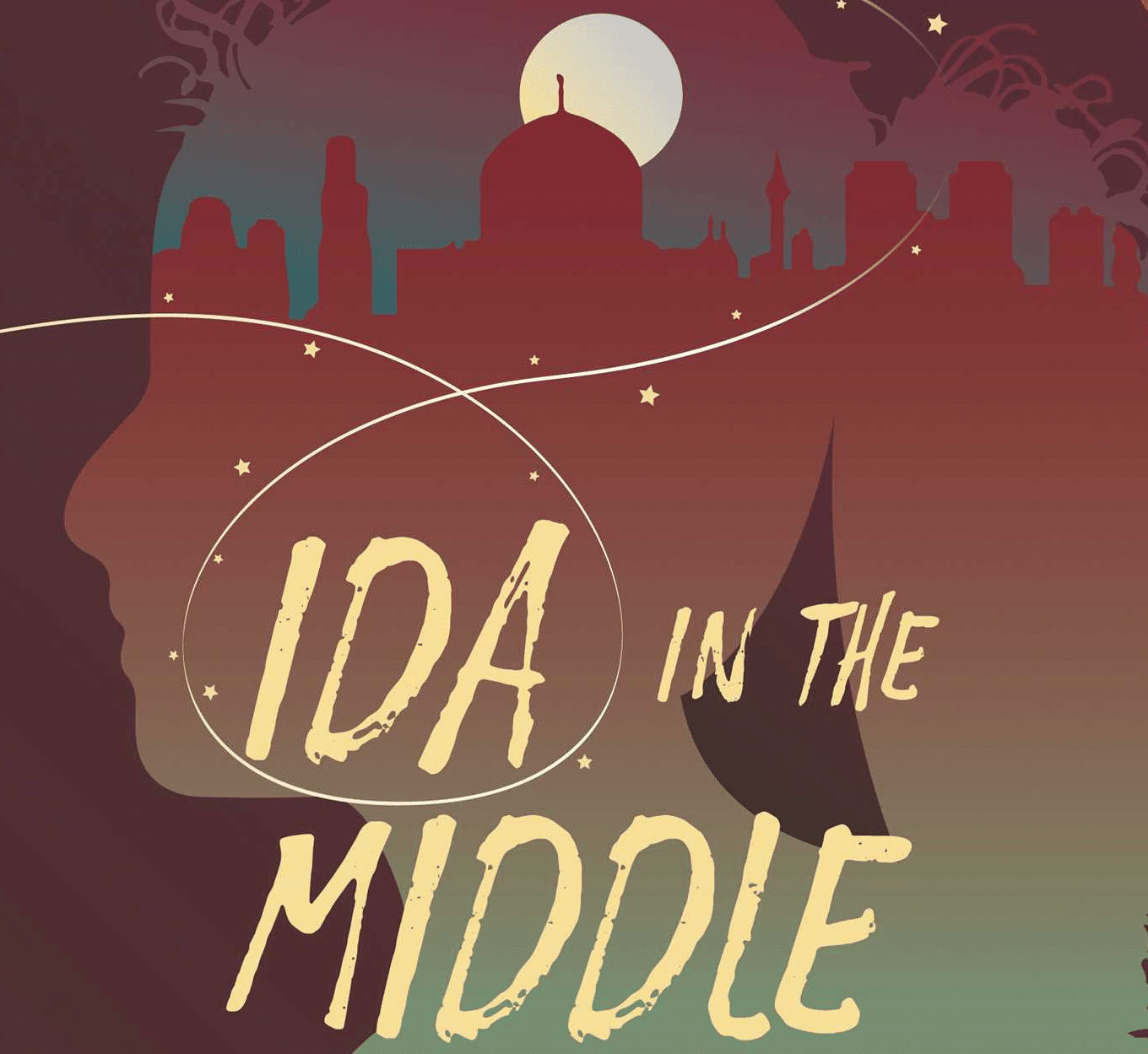Hoping to spark a movement in protest of the Belgian government’s role in its African colony, historian George Washington Williams wrote an open letter to Belgian King Leopold II exposing atrocities in the Congo.
Continue reading
The Casement Report was delivered before the British Houses of Parliament, providing firsthand accounts of the brutal violence inflicted upon the indigenous people and the land in the Congo Free State by settler colonialists acting on behalf of Belgium’s King Leopold II.
Continue reading
This was the largest uprising of the enslaved against their British overseers in Guyana. The uprising was ended after a few days, though it served as a catalyst for the abolition of slavery in British colonies soon thereafter.
Continue reading
The First World War killed roughly 20 million people. Fighting transitioned from mainly human- and animal-powered to fossil fuel-powered technologies and accessing and protecting fossil fuel supplies became part of sustaining a powerful military. The Earth and the environment have suffered ever since.
Continue reading
Article. Timeline by Bill Bigelow. 2023.
A timeline of the overthrow of democracy in Chile — the fall of Salvador Allende and the rise of Augusto Pinochet.
Continue reading
Book — Non-fiction. By Norman Solomon. 2023. 240 pages.
Too often, our curriculum “makes war invisible.” Too often, the ravages of U.S. militarism go unexamined in our classes. This fact-filled book insists: Teach about this; people’s lives depend on it.
Continue reading
Film. Written and directed by Justine Shapiro, B. Z. Goldberg, and Carlos Bolado. 2001. 106 minutes.
This documentary explores the Palestinian-Israeli conflict from the eyes and experiences of Israeli and Palestinian children living in the West Bank.
Continue reading
Teaching Activity. By Samia Shoman. Rethinking Schools. 2014.
A social studies teacher uses conflicting narratives to engage students in studying the history of Palestine and Israel, focusing on the events of 1948.
Continue reading
Letters to her family from 23-year-old U.S. peace activist Rachel Corrie, who was killed in 2003 while trying to prevent the Israeli army from destroying homes in the Gaza Strip. Followed by questions by Bill Bigelow for classroom discussion.
Continue reading
A lesson to accompany the 2001 documentary Promises, which explores the Palestinian-Israeli conflict from the eyes and experiences of Israeli and Palestinian children living in the West Bank.
Continue reading
Book. By Ilan Pappe.
An Israeli historian examines the most contested ideas concerning the origins and identity of the contemporary state of Israel.
Continue reading
The Niños Héroes (translated as Boy Heroes or Heroic Cadets) were six military cadets killed in the Battle of Chapultepec, one of the last battles of the U.S. Mexico War.
Continue reading
Teaching Activity. By Bill Bigelow. 2024. 33 pages.
A mixer/mystery activity on Zionism, anti-Zionism, peasant resistance, the Great War, the British Mandate, and more.
Continue reading
Determined to prevent the development of the local forest, Londoners protested to “Save The Forest” in an early instance of mass organizing for land conservation.
Continue reading
Website. Provides graphic storytelling that can help students see Palestinian reality in new ways.
Continue reading
Film. Directed by Loretta Alper and Jeremy Earp. Media Education Foundation. 2016. Three versions: 21 min./45 min./84 min.
This film helps students recognize how the media and politicians consistently frame “Palestinian resistance as terrorism and Israeli aggression as self-defense.”
Continue reading
Film. Directed by Erin Axelman and Sam Eilertsen. Tikkun Olam Productions. 2023. 84 minutes.
Examines young Jews who are fundamentally changing not just their attitudes about Israel, Palestine, and Palestinians, but about their own role in the world, and coming to see themselves as solidarity activists.
Continue reading
Book — Non-fiction. By Rashid Khalidi. 2020. 320 pages.
Examines the modern history of Palestine as a colonial war waged against an Indigenous population in order to force them to unwillingly relinquish their homelands.
Continue reading
Book — Fiction. By Nora Lester Murad. Illustrated by Kate Cosgrove. 2022. 223 pages.
A coming of age story that explores identity, place, voice, and belonging through a Palestinian-American girl named Ida.
Continue reading
Jim Thorpe was the first Native American to win Olympic gold for team U.S.A.
Continue reading
Book — Fiction. By Nadine Pinede. 2024. 432 pages.
This story blends first love and political intrigue with a quest for justice and self-determination in 1930s Haiti.
Continue reading
Teaching Activity. By Hannah Gann, Nick Palazzolo, Keziah Ridgeway, and Adam Sanchez. Rethinking Schools. 2024. 23 pages.
This lesson highlights the complexity and diversity of thought as Civil Rights and Black Power leaders and organizations developed their views on Palestine-Israel.
Continue reading
In solidarity with the Palestinian people, Detroit auto workers led a one-day strike protesting the United Auto Workers’ (UAW) support of Israel.
Continue reading
Book — Non-fiction. By Michael R. Fischbach. 2018. 296 pages.
Explores the connections between organizers of the Black Freedom Struggle and those struggling for Palestinian autonomy.
Continue reading
Book — Non-fiction. Created by Visualizing Palestine and edited by Jessica Anderson, Aline Batarseh, and Yosra El Gazzar. 2024. 392 pages.
A graphic and student-friendly portrayal of Palestinian social reality in book form.
Continue reading

